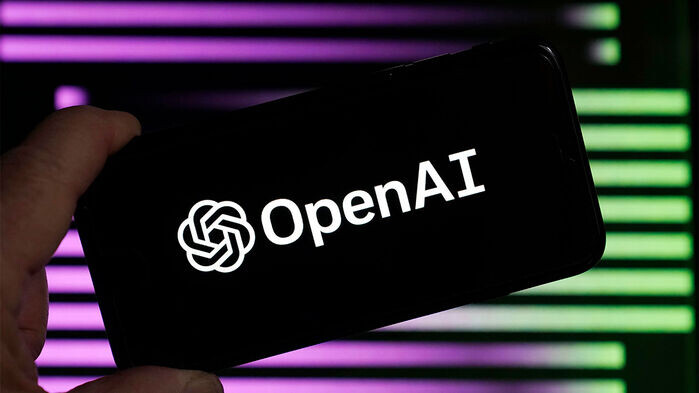
Washington D.C. - In a surprising turn of events during the ongoing antitrust trial examining Google's dominance in the search market, OpenAI, the developer of the widely popular ChatGPT, has expressed a keen interest in acquiring Google's Chrome browser should the tech giant be compelled to divest it. Nick Turley, Head of Product for ChatGPT at OpenAI, made the revelation while testifying in court on Tuesday.
Responding to a direct inquiry about OpenAI's potential interest in acquiring Chrome, Turley affirmed, "Yes, we would, as would many other parties." His statement came amidst discussions regarding potential remedies for Google's alleged monopolistic practices, following a landmark ruling last August that found the company had illegally maintained its dominance in online search. The U.S. Department of Justice (DOJ) has strongly advocated for the forced sale of Chrome as a crucial step to restore competition in the online search landscape, particularly with the burgeoning influence of artificial intelligence.
Turley elaborated on the potential benefits of integrating ChatGPT with Chrome, suggesting it could unlock "tremendous user experiences" and offer users a firsthand encounter with an "AI-first" browsing paradigm. He highlighted that one of OpenAI's primary challenges currently lies in distribution, alluding to the difficulties the company has faced in achieving deeper integration with Samsung's Android ecosystem, which he implied was due to Google's market influence. While OpenAI successfully integrated ChatGPT into Apple's iOS ecosystem last year, its presence on Android remains limited. "We have deep concerns that we can be excluded from the market by large players like Google," Turley stated.
The trial also shed light on Google's strategies to solidify its AI presence on mobile devices. Peter Fitzgerald, Google's Vice President of platforms and device partnerships, testified on Monday that Google has been paying Samsung an "enormous sum of money" monthly since January, with an agreement spanning at least two years, to pre-install its AI model, Gemini, on Galaxy smartphones. This arrangement includes both fixed monthly payments and a share of advertising revenue generated by Gemini. DOJ attorney David Dahlquist described the financial commitment as "an enormous sum of money." These revelations echo past antitrust concerns where Google was found to have violated fair competition laws by paying companies like Apple and Samsung to set Google as the default search engine.
The DOJ argues that Google's control over Chrome, which serves as a significant gateway to online search for billions of users, reinforces its monopoly. By forcing a divestiture, the DOJ aims to create opportunities for rival search engines to compete more effectively. While Google contends that such remedies are "extreme" and "fundamentally flawed," the potential acquisition of Chrome by an innovative AI company like OpenAI could indeed reshape the future of web browsing and the competitive dynamics of the tech industry. The outcome of the ongoing legal proceedings will be pivotal in determining the future structure of Google's vast digital empire and the broader competitive landscape of the internet.
[Copyright (c) Global Economic Times. All Rights Reserved.]






























